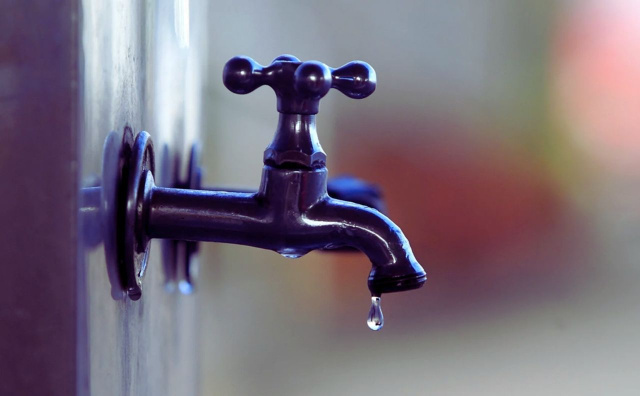
More than 220,000 people across Bulgaria are currently facing water restrictions, according to a new analysis by the Energy and Water Regulatory Commission (EWRC). The report exposes alarming inefficiencies in the nation’s water supply systems, with some regions experiencing losses exceeding 80%.
The 130-page EWRC document, published this week, evaluates the performance of regional water supply and sewerage operators and their progress in reducing water losses during 2024. The findings reveal persistent mismanagement and underinvestment that have left thousands of households without reliable access to drinking water.
The Pleven region is identified as the worst affected, with 13 settlements — home to around 107,000 people — operating under a water regime. The report estimates water losses in the area at 71.31%, far exceeding acceptable levels and signaling severe infrastructure deterioration.
In Breznik, the situation is described as “alarming.” Residents have lived under restrictions for nearly a year, while water losses in 2025 have reached 73%. The EWRC notes that repair efforts remain minimal, and outdated networks continue to leak most of the available supply.
Even more concerning figures come from Pernik, where losses exceeded 80% in 2024, and Radomir, where the number rose to 89.45% — one of the highest recorded in the country. Both areas have faced recurring crises over the past three years, with limited government intervention.
According to the EWRC, the Water and Sewerage Department in Pernik has carried out “minimal investment and operational measures” between January 2023 and August 2025. The Commission criticizes the lack of urgency in establishing an effective system to detect and repair hidden leaks, despite multiple warnings and public complaints.
While the department claims such a monitoring system “is yet to be established,” the regulator warns that delays could deepen the crisis. It recommends that utilities prioritize modernization of water infrastructure, improve leak detection technologies, and adopt more transparent reporting practices.
The Commission also emphasizes that Bulgaria’s aging pipelines — some more than 50 years old — are a key factor in the country’s high water loss rates, which average above 60% nationally. Experts warn that without immediate action, more regions could soon face prolonged restrictions and declining water quality.
The EWRC has called on regional authorities and the Ministry of Regional Development to implement stricter oversight and ensure that funding allocated for infrastructure projects is effectively used.
As Bulgaria heads into another dry season, residents in the affected areas remain uncertain about when — or if — a stable water supply will be restored. The report serves as a stark reminder of the country’s growing struggle to secure one of its most essential resources.
